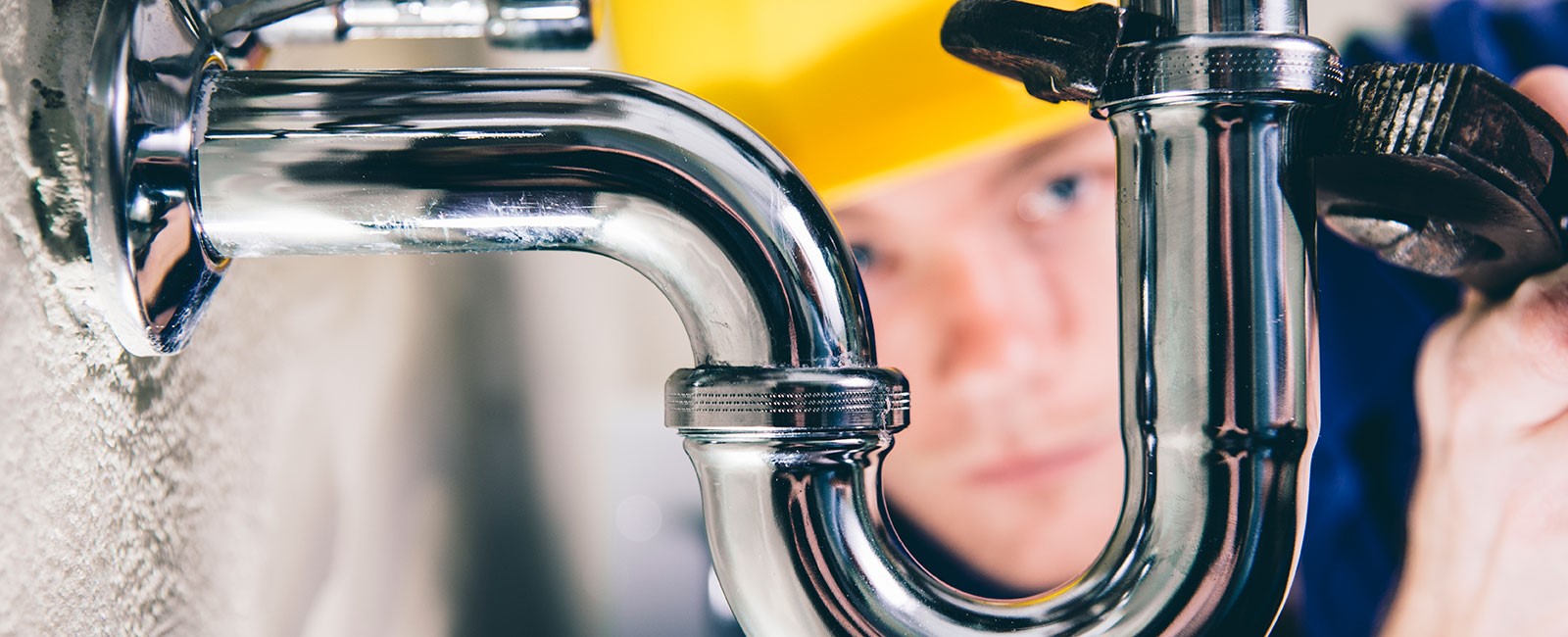

Articles
How Do I Get A Massachusetts Plumbing License
Modified: January 23, 2024
Learn the step-by-step process of obtaining a Massachusetts plumbing license. Browse our informative articles for valuable insights and guidance.
(Many of the links in this article redirect to a specific reviewed product. Your purchase of these products through affiliate links helps to generate commission for Storables.com, at no extra cost. Learn more)
Introduction
Are you considering a career in plumbing? If you’re based in Massachusetts, it’s essential to familiarize yourself with the requirements and process of obtaining a plumbing license. A plumbing license not only demonstrates your expertise and professionalism in the field but also opens up opportunities for higher-paying jobs and increased job security.
In this article, we will delve into the details of how to obtain a Massachusetts plumbing license. We’ll cover the necessary education and training, work experience requirements, and the different types of licenses available. We’ll also guide you through the examination and application process, as well as discuss renewal and continuing education requirements.
Whether you’re already working in the plumbing industry or looking to start a new career, understanding and obtaining a Massachusetts plumbing license is a crucial step towards your professional growth.
So, let’s dive in and explore the various aspects of acquiring a plumbing license in Massachusetts.
Key Takeaways:
- Becoming a licensed plumber in Massachusetts involves meeting education, work experience, and examination requirements. It opens doors to independence, career advancement, and the ability to oversee plumbing projects.
- Continuing education and license renewal are crucial for staying updated with industry standards and maintaining professionalism. Obtaining a plumbing license showcases dedication, expertise, and commitment to excellence in the plumbing industry.
Read more: How Do I Get Into Plumbing
Overview of Massachusetts Plumbing License
Before we delve into the requirements and process of obtaining a Massachusetts plumbing license, let’s first understand what it entails and why it’s important.
A plumbing license is a certification that demonstrates a plumber’s knowledge, skills, and ability to perform plumbing work safely and effectively. It is regulated by the Massachusetts Board of State Examiners of Plumbers and Gas Fitters, which ensures that plumbers meet the necessary standards to protect the public’s health and safety.
In Massachusetts, there are three levels of plumbing licenses:
- Journeyman License: This license allows the plumber to work independently but under the supervision of a master plumber.
- Master Plumber License: With a master plumber license, plumbers can work independently and oversee the work of journeyman plumbers.
- Plumbing Inspector License: This license is for individuals who wish to inspect plumbing installations and ensure compliance with building codes and regulations.
Each license has its own set of requirements, including education, work experience, and examinations. The licensing process is designed to ensure that plumbers have the necessary knowledge and skills to perform their duties safely and professionally.
Having a plumbing license not only provides legitimacy to your plumbing career but also instills confidence in clients and employers. It sets you apart from unlicensed plumbers and allows you to take on a wider range of jobs and projects.
Now that we have an overview of the Massachusetts plumbing license, let’s explore the specific requirements and steps for obtaining one.
Requirements for Obtaining a Massachusetts Plumbing License
Obtaining a plumbing license in Massachusetts requires meeting certain requirements set by the Board of State Examiners of Plumbers and Gas Fitters. Let’s look at the key requirements for obtaining a Massachusetts plumbing license:
- Education and Training Requirements: To be eligible for a plumbing license, you must complete a plumbing education and training program from a recognized institution. These programs provide you with theoretical knowledge and hands-on experience in plumbing systems and practices. It’s important to choose a program that is approved by the Board to ensure that you meet the educational requirements.
- Work Experience: In addition to education, you must also gain practical work experience in the plumbing field. The specific number of required work hours will vary depending on the type of license you are pursuing. For example, to obtain a journeyman license, you typically need a certain number of documented work hours as an apprentice or working under the supervision of a licensed plumber.
- Apprenticeship Program: Participating in a recognized apprenticeship program is a common route to gain the required work experience. Apprenticeship programs allow you to work under the guidance of experienced plumbers while earning a wage. These programs typically combine on-the-job training with classroom instruction, providing a comprehensive learning experience.
- Journeyman License: Before becoming a master plumber, you usually need to obtain a journeyman license. This requires passing the journeyman examination, which assesses your knowledge and skills in plumbing practices and regulations. Some additional requirements, such as a certain number of work hours, may also need to be fulfilled.
- Master Plumber License: To become a master plumber, you must meet further requirements, including a certain number of additional work hours and passing the master plumber examination. This examination evaluates your mastery of plumbing concepts, codes, and regulations. With a master plumber license, you can operate your own plumbing business and supervise journeyman plumbers.
- Examination Process: The plumbing examinations in Massachusetts consist of both written and practical components. The written portion typically tests your knowledge of plumbing codes, regulations, and theory, while the practical portion assesses your skills in completing plumbing tasks. It is essential to thoroughly prepare for these examinations by studying the relevant materials and practicing the necessary skills.
- Application Process: Once you have fulfilled the education, work experience, and examination requirements, you can proceed with the application process. This involves submitting the necessary documentation, such as proof of education, work experience, and examination results, along with the required fees. The Board will review your application and determine your eligibility for the plumbing license.
Meeting these requirements and successfully obtaining a Massachusetts plumbing license demonstrates your commitment, expertise, and ability to adhere to the highest standards of plumbing practices. It opens up a world of opportunities in the plumbing industry and paves the way for a successful and rewarding career.
Education and Training Requirements
One of the primary requirements for obtaining a plumbing license in Massachusetts is completing the necessary education and training in the field. Being equipped with the right knowledge and skills is crucial for ensuring the safety and effectiveness of plumbing work. Here are the key aspects of the education and training requirements:
Plumbing Education Programs: To fulfill the education requirement, you must complete a plumbing education program from a recognized institution. These programs are designed to provide comprehensive training in plumbing systems, codes, regulations, and industry best practices. They typically offer a combination of theoretical classroom instruction and hands-on practical training.
Program Accreditation: It’s essential to choose an accredited plumbing education program approved by the Board of State Examiners of Plumbers and Gas Fitters. Accreditation ensures that the program meets the required standards and provides you with the necessary foundational knowledge and skills.
Curriculum: Plumbing education programs cover a wide range of topics, including plumbing codes, pipefitting, blueprint reading, safety procedures, drainage systems, water supply systems, and more. The curriculum is designed to equip you with a thorough understanding of plumbing principles and practices.
Hands-on Experience: Along with the theoretical knowledge, plumbing education programs also provide hands-on experience. This allows you to apply what you learn in a practical setting, gaining valuable skills and confidence in completing plumbing tasks. Practical training often includes working with plumbing tools, materials, and various plumbing systems.
Duration of Program: The duration of plumbing education programs can vary depending on the specific program and your level of commitment. Some programs may span several months to a year, while others may be shorter or more intensive. It’s important to choose a program that fits your schedule and offers comprehensive coverage of the required topics.
Continuing Education: In addition to the initial education programs, Massachusetts also requires plumbers to participate in continuing education to maintain their licenses. Continuing education ensures that licensed plumbers stay up to date with the latest plumbing techniques, technologies, and regulations.
Meeting the education and training requirements not only ensures that you have the necessary knowledge and skills but also sets you on the path to becoming a competent and well-rounded plumber. It provides the foundation for your professional development and success in the plumbing industry.
Work Experience
Alongside completing the required education and training, obtaining work experience is an essential requirement for obtaining a plumbing license in Massachusetts. Work experience provides you with practical, hands-on knowledge of plumbing systems, tools, and techniques, allowing you to apply your skills in real-world scenarios. Here’s what you need to know about work experience requirements:
Apprenticeship Programs: Participating in an apprenticeship program is a common route to gain the necessary work experience. Apprenticeships typically involve working under the supervision of experienced plumbers while receiving on-the-job training. These programs allow you to acquire valuable skills and knowledge while earning a wage.
Work Hours Requirement: The exact number of work hours required to fulfill the experience requirement depends on the type of license you are pursuing. For example, to obtain a journeyman license, you typically need to accumulate a specific number of documented work hours as an apprentice or under the supervision of a licensed plumber. Master plumber licenses usually require additional work experience hours beyond those needed for a journeyman license.
Scope of Work: During your work experience, it’s important to gain exposure to a wide range of plumbing tasks and projects. This allows you to develop a comprehensive understanding of various plumbing systems, such as water supply, drainage, and ventilation. Working on different projects also helps you learn how to handle diverse plumbing challenges and troubleshoot issues efficiently.
Mentorship and Guidance: Working under the supervision of experienced plumbers provides valuable mentorship and guidance. Experienced plumbers can share their knowledge, expertise, and best practices, helping you develop your skills and professionalism. Mentorship also gives you the opportunity to ask questions, seek advice, and learn from real-life scenarios.
Documentation: It’s crucial to maintain proper documentation of your work experience hours. This includes keeping track of the dates, tasks performed, and supervision details. This documentation will be required when applying for your plumbing license, so it’s important to maintain accurate and detailed records.
Variety of Work Settings: To gain a well-rounded plumbing experience, it’s beneficial to work in a variety of settings. This can include residential, commercial, and industrial projects. Each setting presents unique challenges and requirements, allowing you to expand your knowledge and skills in different areas of plumbing.
Accumulating the required work experience not only builds your skills and expertise but also demonstrates your commitment to the plumbing profession. It showcases your ability to apply theoretical knowledge in practical situations and prepares you for the responsibilities that come with being a licensed plumber.
Read more: How To Get Plumbing Contractor License
Apprenticeship Program
An apprenticeship program is a valuable pathway to gaining the required work experience for obtaining a plumbing license in Massachusetts. Participating in an apprenticeship allows you to learn from experienced professionals, develop your skills, and earn a wage while working towards your career goals. Let’s take a closer look at the apprenticeship program:
Structured Learning: Apprenticeship programs follow a structured learning format that combines classroom instruction with on-the-job training. This balanced approach ensures that you gain both theoretical knowledge and practical skills necessary for a successful plumbing career. The classroom component covers plumbing codes, safety practices, blueprint reading, and other fundamental aspects, while the on-the-job training provides hands-on experience in a real plumbing work environment.
Duration: The duration of apprenticeship programs can vary, but they typically last between four to five years. During this time, apprentices work under the direct supervision of licensed plumbers, gradually gaining experience and expertise in various plumbing tasks. The length of the program allows apprentices to accumulate the required number of work hours needed to meet the licensing requirements.
Mentorship: One of the significant advantages of apprenticeship programs is the mentorship provided by experienced plumbers. Apprentices work closely with licensed plumbers who serve as mentors, guiding them through various aspects of plumbing work. Through mentorship, apprentices gain insights into industry best practices, learn problem-solving techniques, and develop a strong work ethic.
Hands-on Training: Apprenticeships offer extensive hands-on training opportunities, allowing you to practice the skills learned in the classroom. You will work on diverse plumbing projects, such as installing and repairing pipes, fixtures, and appliances. This practical training hones your technical proficiency, fosters critical thinking, and familiarizes you with industry tools and equipment.
Earning Opportunities: Apprentices receive a wage while working in the field, providing them with a means to sustain themselves during their training. The wage typically increases as apprentices progress through the program and gain more experience. This not only helps cover living expenses but also offers financial stability as you work towards obtaining your plumbing license.
Networking and Industry Connections: During your apprenticeship, you will have the opportunity to network with professionals in the plumbing industry. Building connections with experienced plumbers and industry organizations can open doors to future job opportunities, partnerships, and professional growth. These connections can also provide guidance and support as you navigate your plumbing career.
Participating in an apprenticeship program not only fulfills the work experience requirement for obtaining a plumbing license but also provides a solid foundation for a successful career in the plumbing industry. It equips you with the necessary skills, knowledge, and practical experience needed to excel as a professional plumber.
To get a Massachusetts plumbing license, you must complete a state-approved apprenticeship program, pass the plumbing exam, and submit an application to the Board of State Examiners of Plumbers and Gas Fitters.
Journeyman License
The journeyman license is an important milestone in the progression towards becoming a licensed plumber in Massachusetts. It allows plumbers to work independently under the supervision of a master plumber. Let’s explore the requirements and benefits of obtaining a journeyman license:
Educational Prerequisites: To be eligible for a journeyman license, you need to fulfill the education and training requirements set by the Massachusetts Board of State Examiners of Plumbers and Gas Fitters. This typically involves completing a recognized plumbing education program and acquiring the necessary work experience. These requirements ensure that you have the requisite knowledge and skills before embarking on your journeyman license journey.
Work Experience: The journeyman license requires a certain number of documented work hours as an apprentice or working under the supervision of a licensed plumber. The specific work experience requirement may vary based on your education and training background. It’s crucial to maintain accurate records of your work experience to demonstrate your eligibility for a journeyman license.
Journeyman Examination: Once you have met the educational and work experience requirements, you must pass the journeyman examination. This examination evaluates your knowledge and skills in plumbing practices, codes, and regulations. It typically consists of a written portion that assesses your theoretical understanding of plumbing concepts and a practical examination that tests your ability to complete plumbing tasks accurately and efficiently.
Supervision by Master Plumber: With a journeyman license, you can work independently under the supervision of a master plumber. This means that you can take on plumbing projects, perform installations and repairs, and provide plumbing services to clients. However, it’s important to note that a journeyman plumber cannot work on certain plumbing projects or tasks reserved for master plumbers.
Career Advancement: Obtaining a journeyman license opens up opportunities for career advancement and increased earning potential. With a journeyman license, you have the foundation to gain more experience, refine your skills, and take on more complex plumbing projects. It also serves as a stepping stone towards the ultimate goal of becoming a master plumber.
Continuing Education: Massachusetts requires licensed plumbers, including journeyman plumbers, to participate in continuing education courses to maintain their licenses. These courses ensure that plumbers stay updated on the latest plumbing codes, regulations, and industry trends. Continuing education keeps you informed and equipped to provide high-quality work and meet the evolving needs of clients and the industry.
Obtaining a journeyman license is a significant achievement for aspiring plumbers. It signifies a level of expertise and professionalism that opens doors to more job opportunities, increased responsibility, and career growth. It’s a crucial milestone on the path towards becoming a master plumber in Massachusetts.
Master Plumber License
The master plumber license is the highest level of licensure in the plumbing profession in Massachusetts. Holding a master plumber license signifies a high level of competency and expertise, allowing plumbers to work independently and take on a variety of plumbing projects. Let’s explore the requirements and benefits of obtaining a master plumber license:
Work Experience: To be eligible for a master plumber license, you must possess a certain number of additional work experience hours beyond those required for a journeyman license. This additional experience allows you to gain a deeper understanding of complex plumbing systems, problem-solving techniques, and leadership skills. Documenting and maintaining accurate records of your work experience is essential for demonstrating your eligibility for a master plumber license.
Master Plumber Examination: The master plumber examination evaluates your comprehensive knowledge of plumbing practices, codes, regulations, and business management. The examination typically includes a written portion that tests your theoretical understanding of advanced plumbing concepts and a practical examination that challenges your ability to handle complex plumbing tasks. Successful completion of the examination demonstrates your proficiency in overseeing and managing plumbing projects independently.
Business Management Skills: Holding a master plumber license allows you to operate your own plumbing business. As a master plumber, you have the necessary knowledge and skills to manage all aspects of your business, including client relations, estimating project costs, bidding on contracts, and supervising a team of plumbing professionals. Obtaining a master plumber license propels you towards entrepreneurial opportunities in the plumbing industry.
Supervision of Journeyman Plumbers: With a master plumber license, you have the authority to supervise and mentor journeyman plumbers. This allows you to share your knowledge and expertise, ensuring a high standard of work quality and professional development within your team. Supervising journeyman plumbers also provides valuable leadership experience.
Career Advancement: Holding a master plumber license opens the doors to career advancement and increased earning potential. With this license, you can pursue opportunities in project management, consulting, teaching, or even starting your own plumbing company. Employers and clients often place a premium on hiring master plumbers due to their advanced skills, knowledge, and ability to handle complex plumbing projects.
Continuing Education: Like journeyman plumbers, master plumbers in Massachusetts are required to participate in continuing education to maintain their licenses. Engaging in ongoing education ensures that you stay updated with the latest advancements in plumbing technology, codes, and regulations. It demonstrates your commitment to professional development and ensures that you provide the highest level of service to your clients.
Earning a master plumber license is a significant achievement and marks the pinnacle of success in the plumbing profession. It signifies your expertise, leadership abilities, and commitment to delivering exceptional plumbing services. Holding a master plumber license positions you as a trusted professional in the industry and opens up a world of opportunities for personal and professional growth.
Examination Process
The examination process is a crucial step in obtaining a plumbing license in Massachusetts. It assesses your knowledge, skills, and understanding of plumbing practices, codes, and regulations. Let’s take a closer look at the examination process:
Types of Examinations: The plumbing examinations in Massachusetts typically consist of both written and practical components. The written portion of the examination tests your theoretical understanding of plumbing concepts, codes, and regulations. It may include multiple-choice questions, fill-in-the-blank questions, and scenario-based questions. The practical examination evaluates your ability to perform real-world plumbing tasks, such as pipe installation, soldering, or troubleshooting plumbing systems.
Exam Content: The examination content covers a wide range of topics related to plumbing, including plumbing codes, safety procedures, pipefitting, drainage systems, water supply systems, and more. It’s important to thoroughly study the relevant materials and familiarize yourself with the plumbing codes and regulations applicable in Massachusetts. Reviewing past examination papers and practicing plumbing tasks will help you become comfortable with the examination format and content.
Preparation: Adequate preparation is crucial for success in the plumbing examination. Start by organizing your study materials and creating a study schedule. Review the plumbing code books, plumbing manuals, practice exams, and other relevant resources. Consider enrolling in preparatory courses or workshops that provide guidance and hands-on practice for the practical examination. The more prepared you are, the more confident you will be on the day of the examination.
Exam Administration: The plumbing examinations in Massachusetts are typically administered by the Board of State Examiners of Plumbers and Gas Fitters. The Board sets the examination dates, locations, and provides instructions for registration. It’s important to closely follow the instructions provided by the Board and ensure that you meet all the eligibility requirements before registering for the examination. Pay attention to deadlines and any required documentation that needs to be submitted.
Exam Day: On the day of the examination, arrive early to the designated exam location. Bring all the necessary materials, such as identification documents, plumbing code books, and any allowed reference materials. Follow the instructions given by the exam proctor and adhere to the time limits for each section of the examination. Stay focused, read the questions carefully, and answer to the best of your knowledge and abilities.
Exam Results: After completing the examination, you will receive your results within a specified timeframe. The Board will review your examination answers and determine whether you have passed or failed. If you pass the examination, you can proceed with the application process for your plumbing license. In the event that you do not pass, you may be able to retake the examination after a waiting period as determined by the Board.
Preparing for and successfully completing the plumbing examination is an important step towards obtaining a plumbing license in Massachusetts. It validates your knowledge and skills, ensuring that you are equipped to provide professional plumbing services. Dedicate time and effort to study and practice, and approach the examination process with confidence and determination.
Read more: What Do I Need To Get A Construction License
Application Process
The application process is the final step in obtaining a plumbing license in Massachusetts. After meeting the education, work experience, and examination requirements, you must submit an application to the Board of State Examiners of Plumbers and Gas Fitters. Let’s explore the application process:
Review Requirements: Before beginning the application process, carefully review the licensing requirements set by the Board. Ensure that you have met all the prerequisites, including education, work experience, and examination results. Thoroughly read through the application guidelines and gather all the necessary documentation to support your application.
Application Forms: Obtain the appropriate application forms from the Board’s official website or request them directly from the Board. Fill out the forms accurately and provide all the required information. Double-check for any errors or missing fields before submitting the application.
Supporting Documents: Along with the application form, you will need to submit supporting documents to verify your eligibility for the plumbing license. This may include proof of education, such as diplomas or transcripts, documentation of work experience, examination results, and any other required documentation mentioned in the application guidelines. Make sure to provide clear and legible copies of the documents.
Application Fees: Pay the required application fees as specified by the Board. The fees may vary depending on the type of license you are applying for. Ensure that you include the correct payment method and follow the instructions provided by the Board regarding the payment process.
Submission: Compile all the application forms and supporting documents as per the instructions provided by the Board. Ensure that the application is complete and accurate. Submit the application package according to the designated submission method, whether via mail, online portal, or in-person submission. Retain a copy of your application and any receipts or confirmation of submission.
Application Review: The Board will review your application to determine your eligibility for the plumbing license. They will verify your education, work experience, and examination results. The review process may take some time, so it’s important to be patient during this stage. Keep yourself available for any additional information or documentation that the Board may require.
Notification of Approval: Once your application has been reviewed and approved, you will receive a notification from the Board indicating that your plumbing license has been granted. This notification may be in the form of a letter or an official document. Review the information provided and ensure that all the details are correct.
License Issuance: Upon receiving the approval notification, the Board will issue your plumbing license. This license may be in the form of a wallet-sized card or a certificate. It is important to keep your license in a safe and easily accessible place, as you may be required to present it when working on plumbing projects or during inspections.
The application process is the final step in the journey towards becoming a licensed plumber in Massachusetts. By carefully following the application guidelines, submitting all the required documents, and paying the necessary fees, you can obtain your plumbing license and embark on a fulfilling and successful career in the plumbing industry.
Renewal and Continuing Education Requirements
Once you have obtained a plumbing license in Massachusetts, it is important to stay current with the industry’s evolving standards, codes, and regulations. Renewal and continuing education requirements ensure that licensed plumbers maintain their knowledge and skills, allowing them to provide high-quality plumbing services. Let’s explore the renewal and continuing education requirements:
License Renewal: Plumbing licenses in Massachusetts typically need to be renewed periodically. The renewal period may vary depending on the type of license you hold. It is essential to review the specific renewal dates and requirements set by the Board of State Examiners of Plumbers and Gas Fitters. Failure to renew your license on time may result in penalties or the suspension of your license.
Continuing Education: To renew your plumbing license, you must participate in continuing education courses. The purpose of continuing education is to ensure that licensed plumbers stay updated with the latest plumbing techniques, technologies, codes, and regulations. The Board typically requires a certain number of continuing education hours to be completed during each renewal period.
Approved Courses: Continuing education courses must be approved by the Board to be eligible for license renewal. These courses may cover a range of plumbing-related topics, such as plumbing code updates, safety practices, new technologies, or specialized areas within the plumbing industry. It’s important to select courses that align with your professional development goals and areas of interest.
Course Completion Documentation: After completing an approved continuing education course, you will receive documentation of course completion. This can be in the form of a certificate, transcript, or other official documentation. It is important to retain these documents as proof of your continuing education participation, as you may be required to provide them during the license renewal process.
License Renewal Application: To renew your plumbing license, you must submit a license renewal application to the Board. The application may require you to provide information on the continuing education courses you have completed during the renewal period. Ensure that you accurately complete the application and submit it along with any required documentation and fees on time.
License Renewal Fees: License renewal typically comes with associated fees. The fees may vary based on the type of license you hold and the renewal period. It’s important to review the fee schedule provided by the Board and include the correct payment along with your license renewal application.
Random Audits and Compliance: The Board may conduct random audits to ensure compliance with continuing education requirements. If you are selected for an audit, you may be required to provide documentation of completed continuing education hours. It’s important to maintain organized records of your continuing education participation to respond to any audit requests promptly.
Non-Compliance and Penalties: Failure to comply with license renewal and continuing education requirements may result in penalties, such as fines or the suspension of your license. It is your responsibility as a licensed plumber to ensure that you meet all the requirements and stay current with your obligations.
Renewing your plumbing license and fulfilling continuing education requirements demonstrate your commitment to professional development and excellence in the plumbing industry. By staying updated with the latest industry trends and regulations, you can continue to provide top-notch plumbing services and ensure the safety and satisfaction of your clients.
Conclusion
Obtaining a plumbing license in Massachusetts is a significant milestone in your plumbing career. It demonstrates your expertise, professionalism, and commitment to providing high-quality plumbing services. Throughout this article, we have explored the various requirements and steps involved in obtaining a Massachusetts plumbing license.
We started by understanding the importance of a plumbing license and the different levels of licenses available in Massachusetts. From there, we delved into the requirements, including education and training, work experience, apprenticeship programs, and the examination process. Each step plays a vital role in ensuring that plumbers have the necessary knowledge, skills, and experience to perform their duties safely and effectively.
We also discussed the application process, emphasizing the importance of accurate documentation and meeting all the necessary requirements when submitting your application to the Board. Additionally, we highlighted the significance of renewing your license and participating in continuing education courses to stay updated with evolving plumbing standards, codes, and technology.
By obtaining and maintaining a plumbing license in Massachusetts, you open up a world of opportunities in the plumbing industry. From working independently as a journeyman plumber to becoming a master plumber and operating your own plumbing business, the possibilities for professional growth are vast.
Remember, the journey towards obtaining your plumbing license requires dedication, hard work, and a commitment to ongoing learning. It is essential to stay informed about changes and advancements in the field, continuously improve your skills, and uphold the highest standards of professionalism.
In conclusion, obtaining a plumbing license in Massachusetts is a significant achievement that showcases your expertise and dedication in the plumbing industry. It provides you with the credentials and opportunities to pursue a fulfilling career, gain the trust of clients, and make a meaningful impact in the plumbing community.
So, if you’re passionate about plumbing and are ready to take your career to new heights, dive into the requirements and embark on your journey towards obtaining a Massachusetts plumbing license. Your hard work and determination will pay off as you contribute to the safe and efficient functioning of plumbing systems in homes, buildings, and communities.
Frequently Asked Questions about How Do I Get A Massachusetts Plumbing License
Was this page helpful?
At Storables.com, we guarantee accurate and reliable information. Our content, validated by Expert Board Contributors, is crafted following stringent Editorial Policies. We're committed to providing you with well-researched, expert-backed insights for all your informational needs.

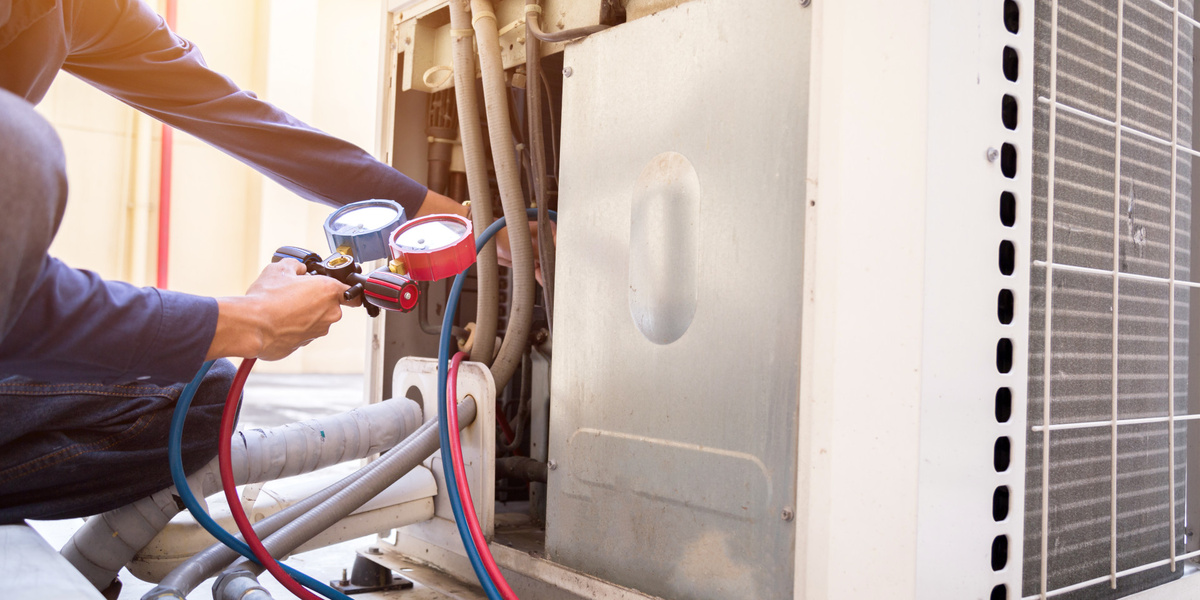

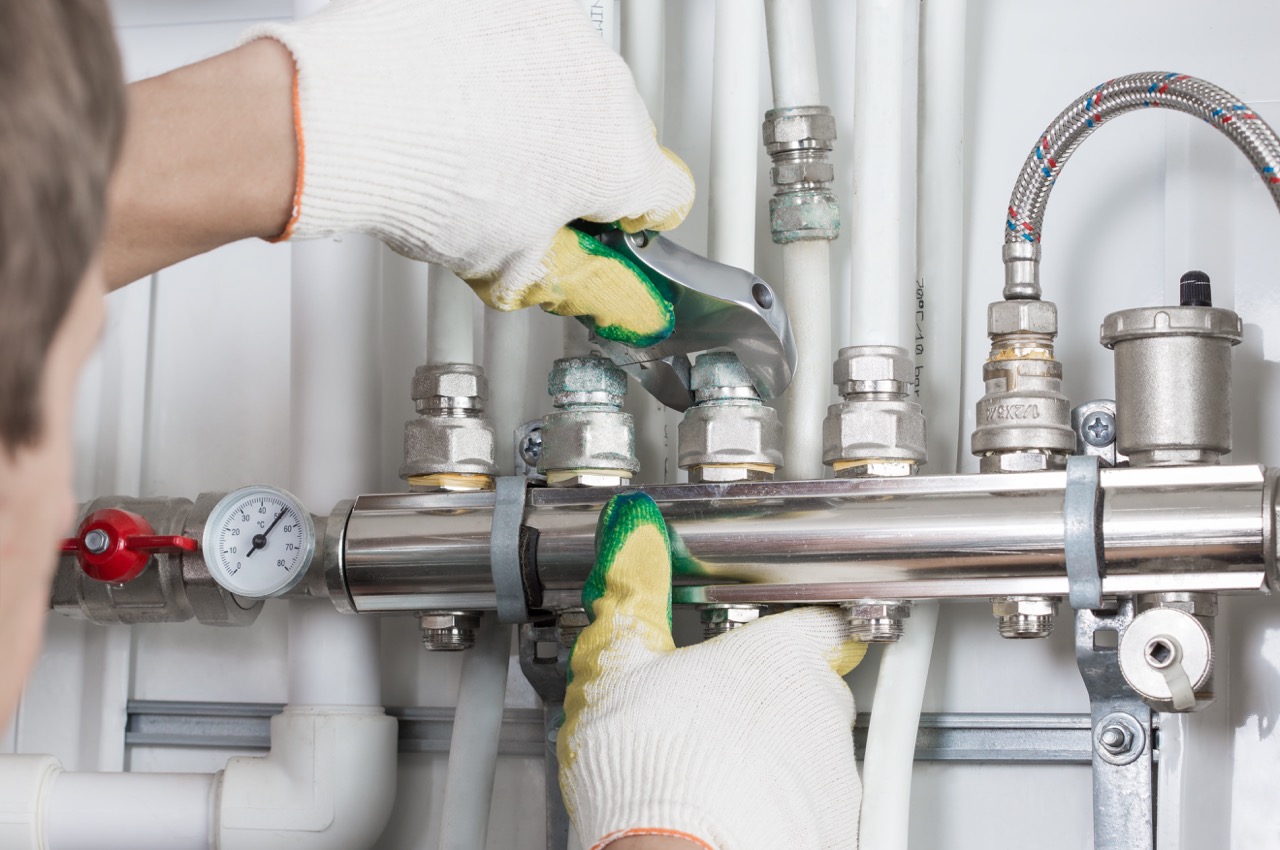

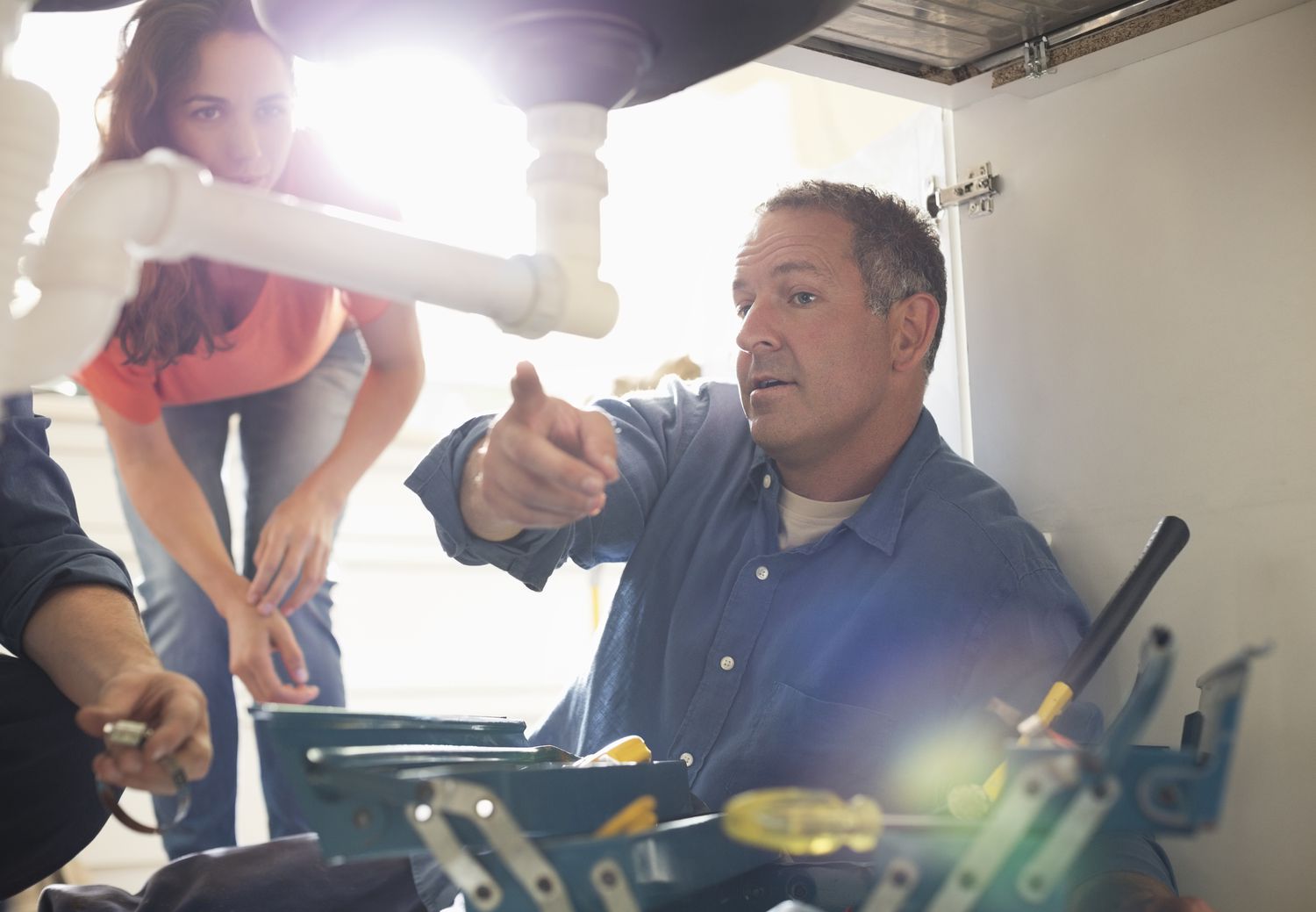

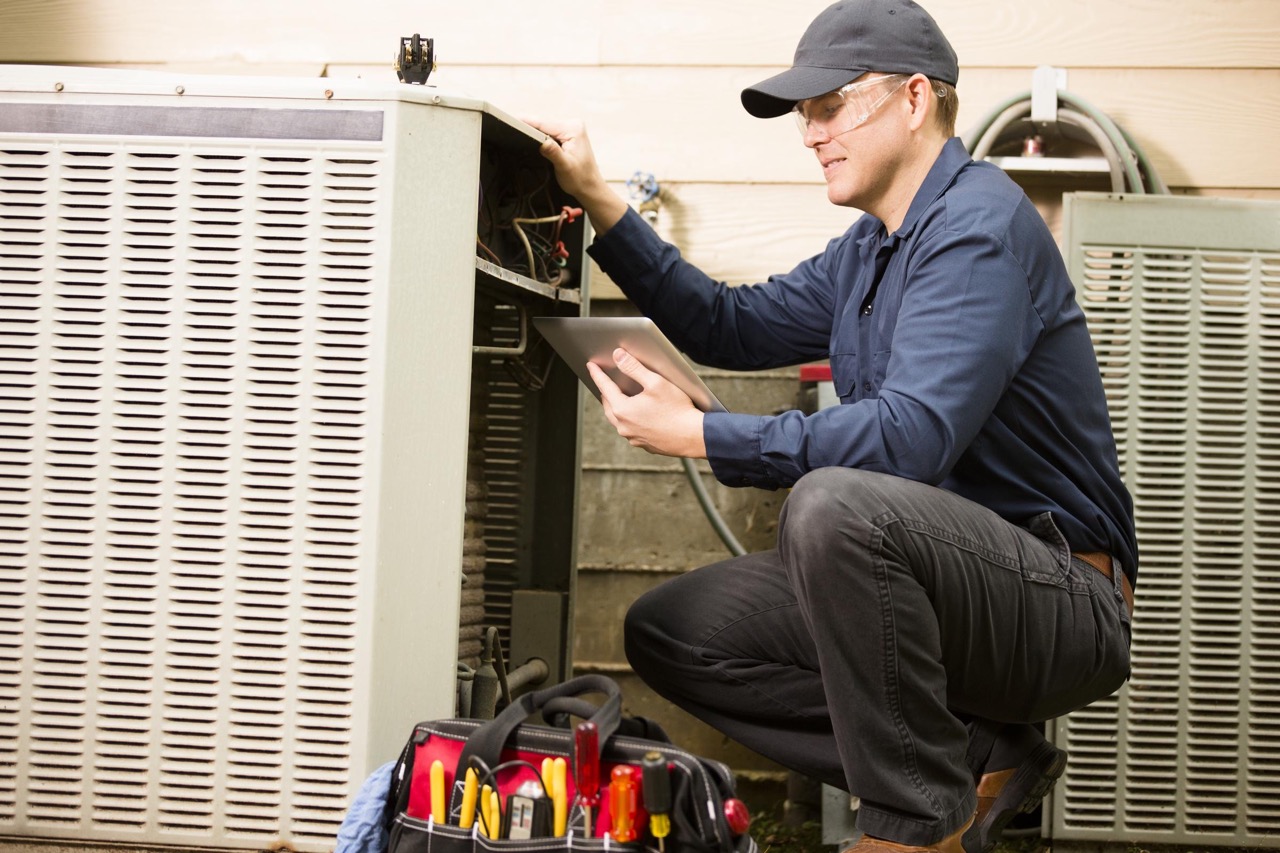
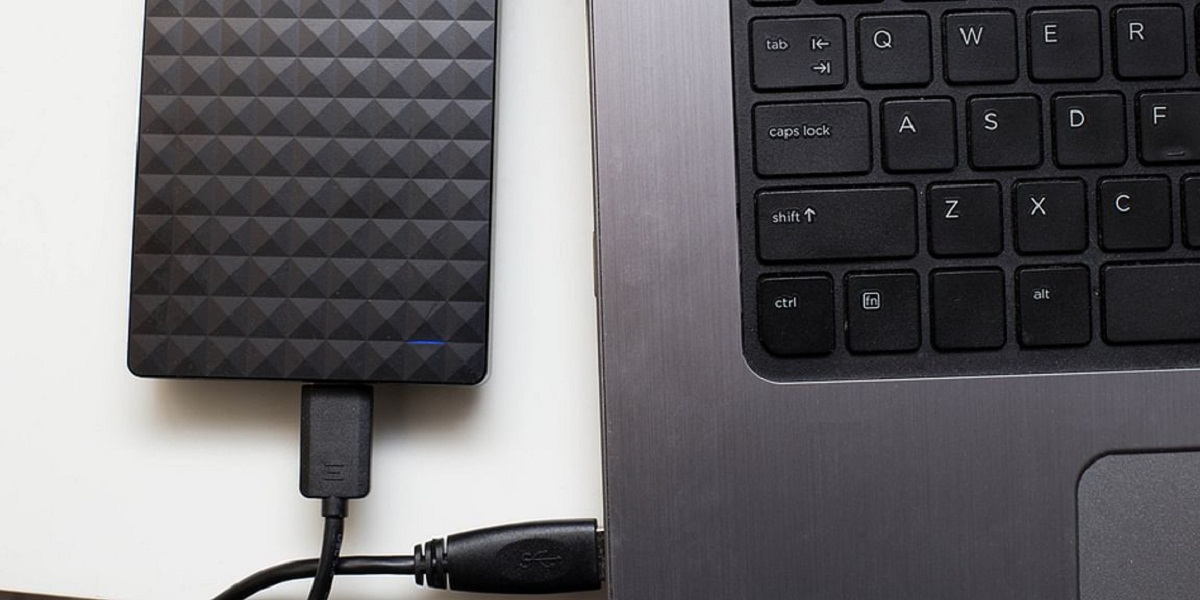
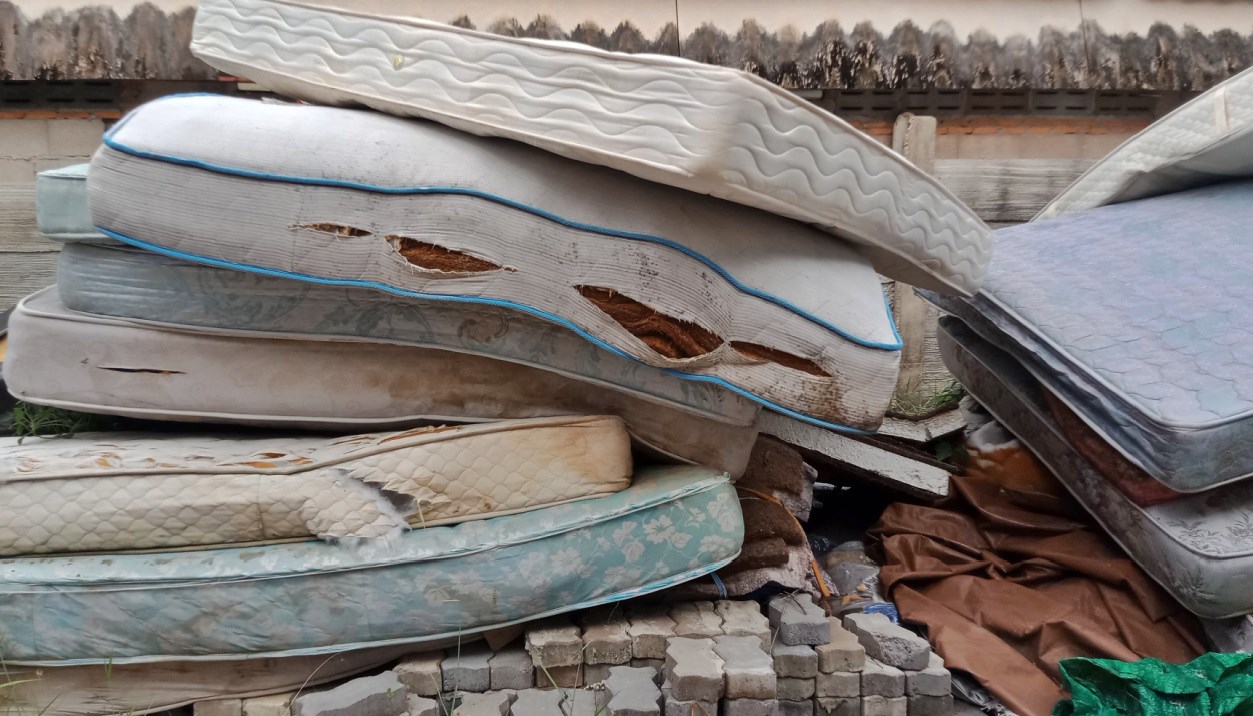
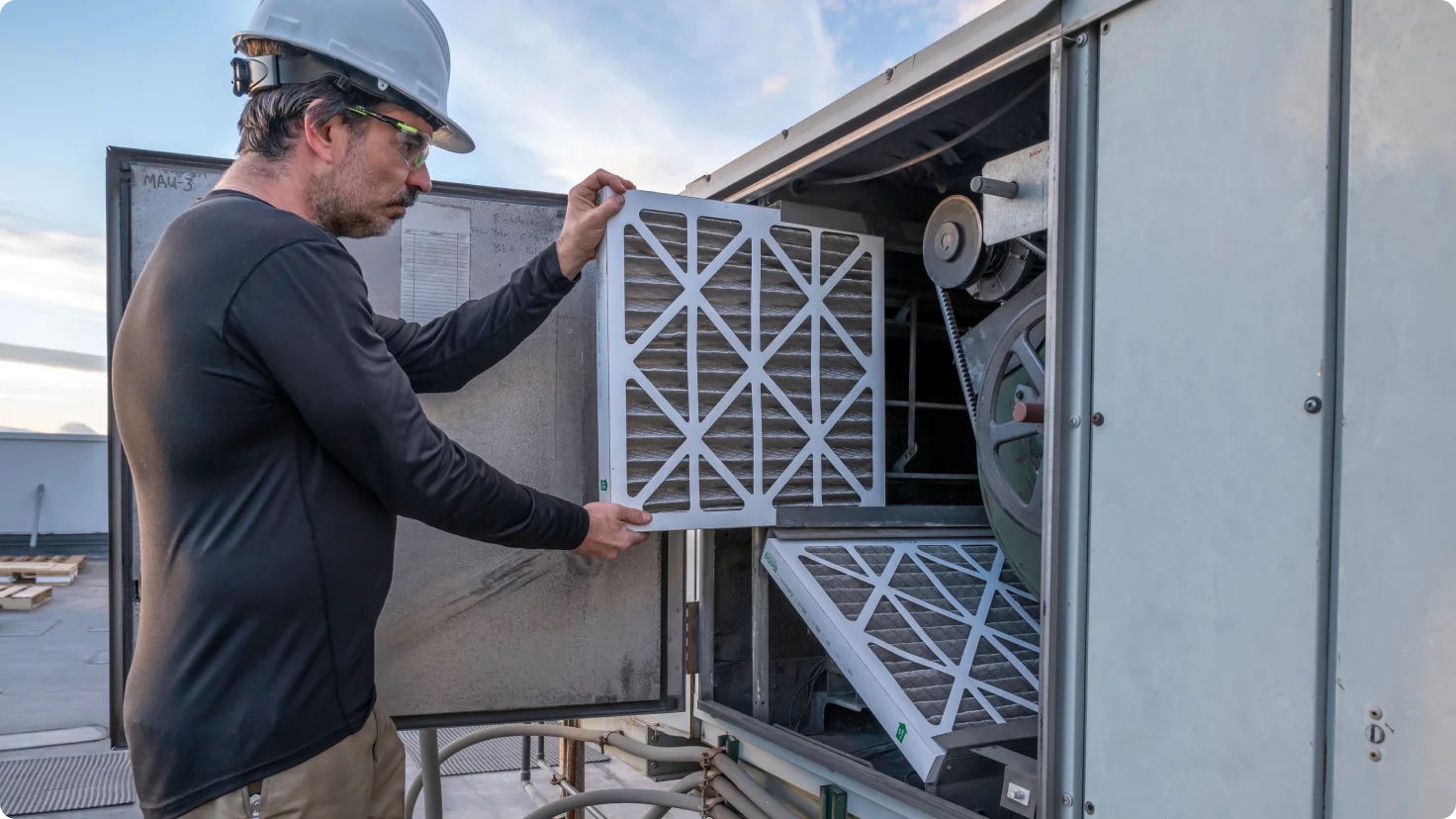
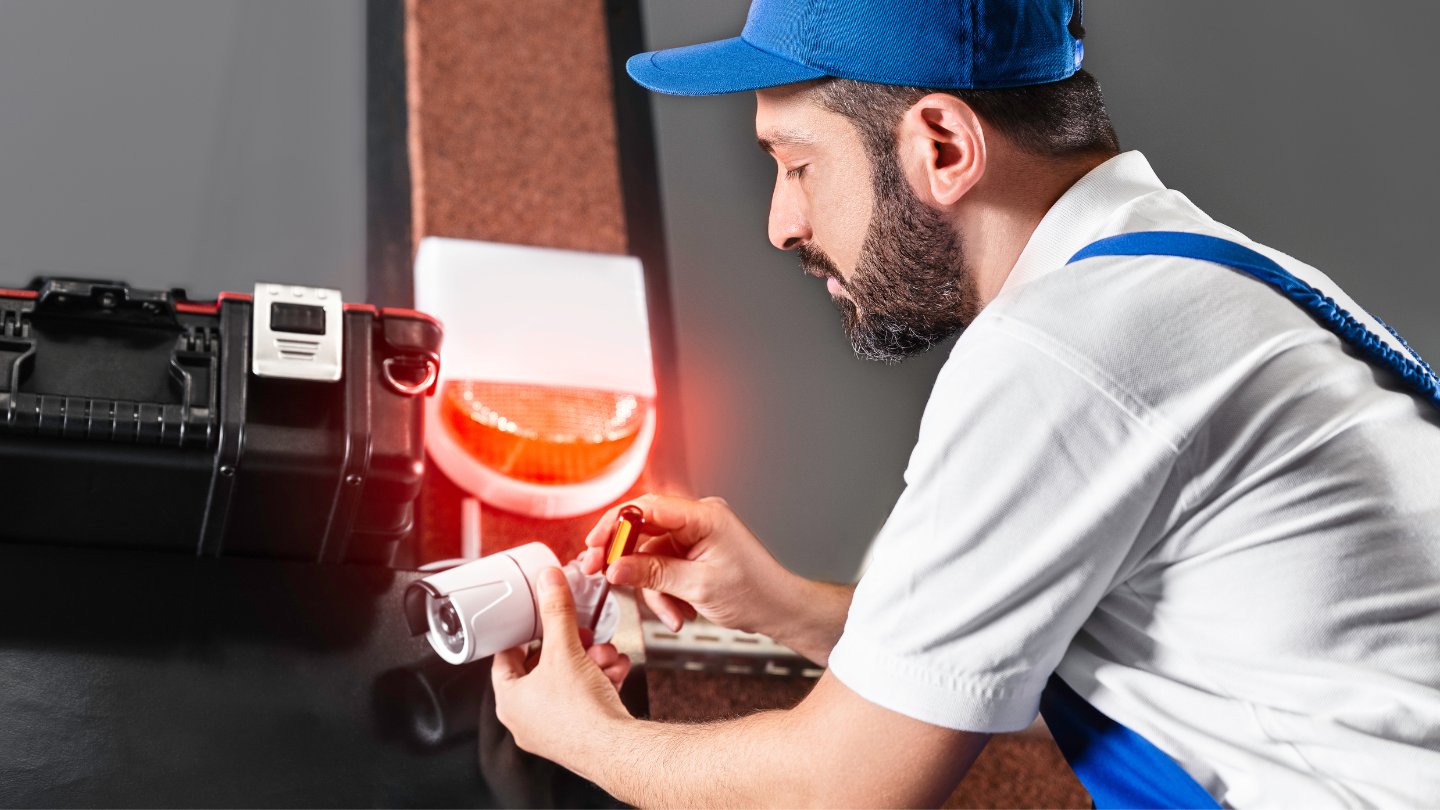
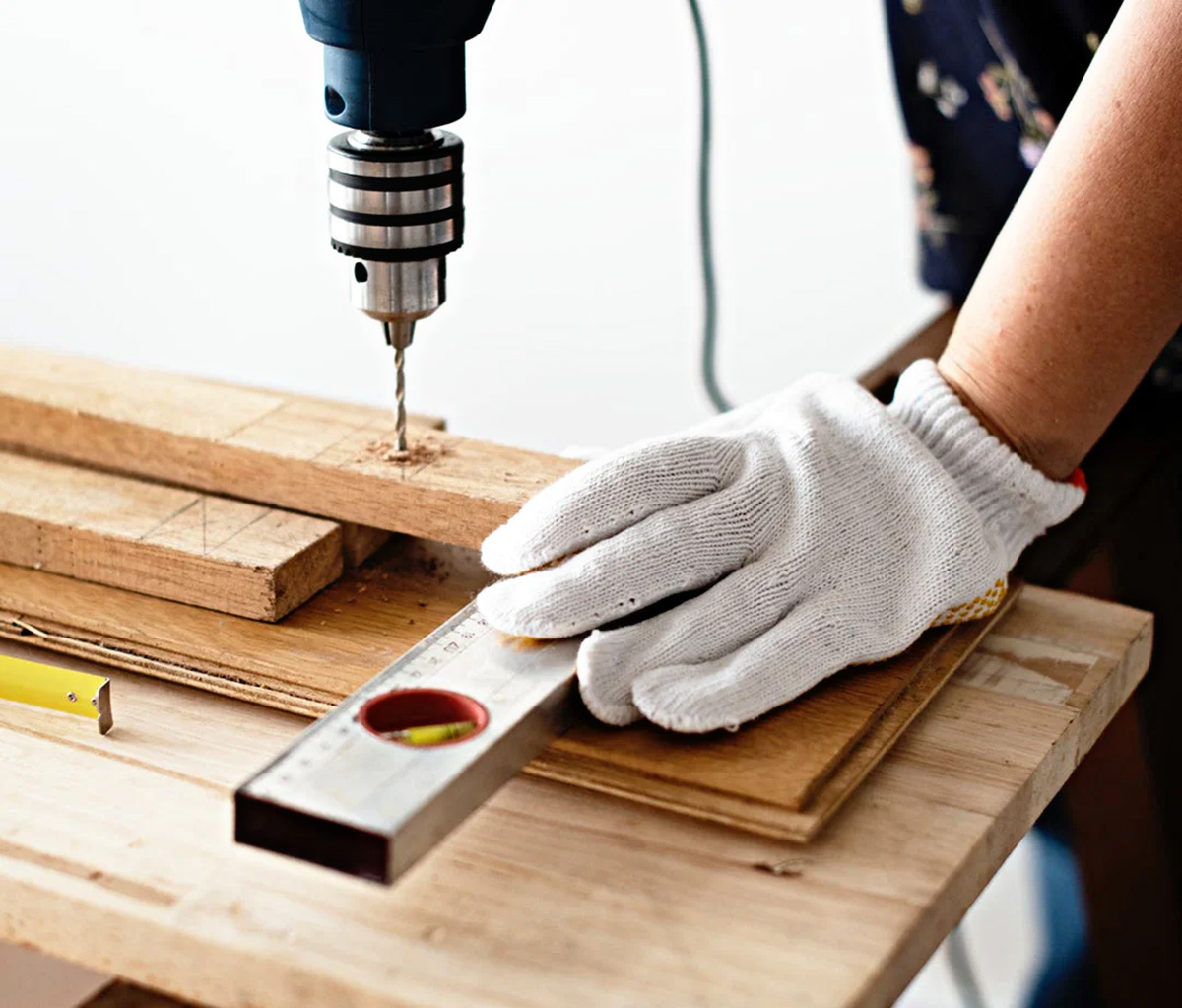

0 thoughts on “How Do I Get A Massachusetts Plumbing License”